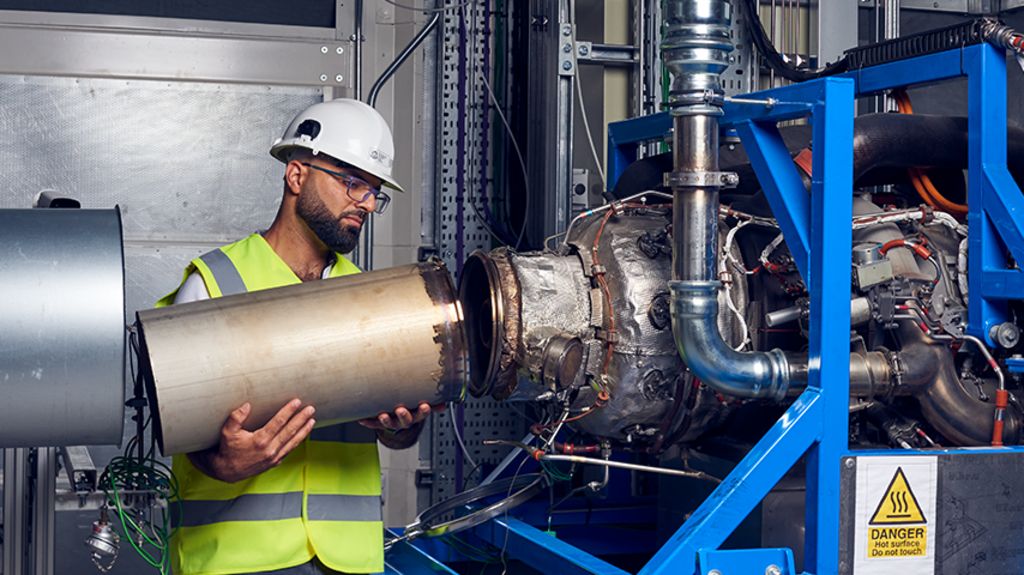Sustainable Aviation: Soaring to New Heights with Eco-Friendly Fuels

Ecopathmatting.com Assalamualaikum may we always be grateful. In This Time let's explore more deeply about Technology. Articles Containing Technology Sustainable Aviation Soaring to New Heights with EcoFriendly Fuels Make sure you listen until the closing sentence.
Sustainable Aviation Fuels: A Greener Alternative
The aviation industry is facing increasing pressure to reduce its carbon footprint. Sustainable aviation fuels (SAFs) offer a promising solution, as they can be made from renewable sources and have similar characteristics to conventional jet fuels.
SAFs are not carbon neutral, but they can significantly reduce emissions compared to fossil fuels. To be truly sustainable, SAFs must be produced from renewable sources and in a clean way.
Several countries and organizations have set ambitious targets for SAF usage. The UK has introduced a SAF mandate that requires airlines to use increasing amounts of SAF in their jet fuel.
To meet these targets, SAF production will need to be ramped up dramatically. New technologies, such as hydrogen power and electrification, may also play a role in the future.
Challenges and Opportunities
There are several challenges to overcome in the development and deployment of SAFs. One challenge is the cost, as SAFs are currently more expensive than conventional jet fuels.
Another challenge is the availability of sustainable feedstocks. SAFs can be made from a variety of sources, including waste cooking oils, vegetable fats, and agricultural waste.
Despite these challenges, SAFs offer a promising solution for reducing the aviation industry's carbon footprint. With continued research and development, SAFs could become a major part of the aviation fuel mix in the future.
SAF Testbed at Sheffield University
The Sustainable Fuels Innovation Centre (SAF-IC) at Sheffield University is a research facility dedicated to the development and evaluation of SAFs. The SAF-IC has a small jet engine that can be used to test new fuels.
The SAF-IC is also working on developing new technologies for the production of SAFs. One promising technology is the use of captured carbon dioxide to produce SAFs.
The SAF-IC is playing a vital role in the development of SAFs and is helping to pave the way for a more sustainable aviation industry.
Thank you for following the explanation of sustainable aviation soaring to new heights with ecofriendly fuels in technology until the end I hope you enjoy reading this article maintain motivation and a healthy lifestyle. Share this post so that more people know. See you again in another interesting article. Thank you.













